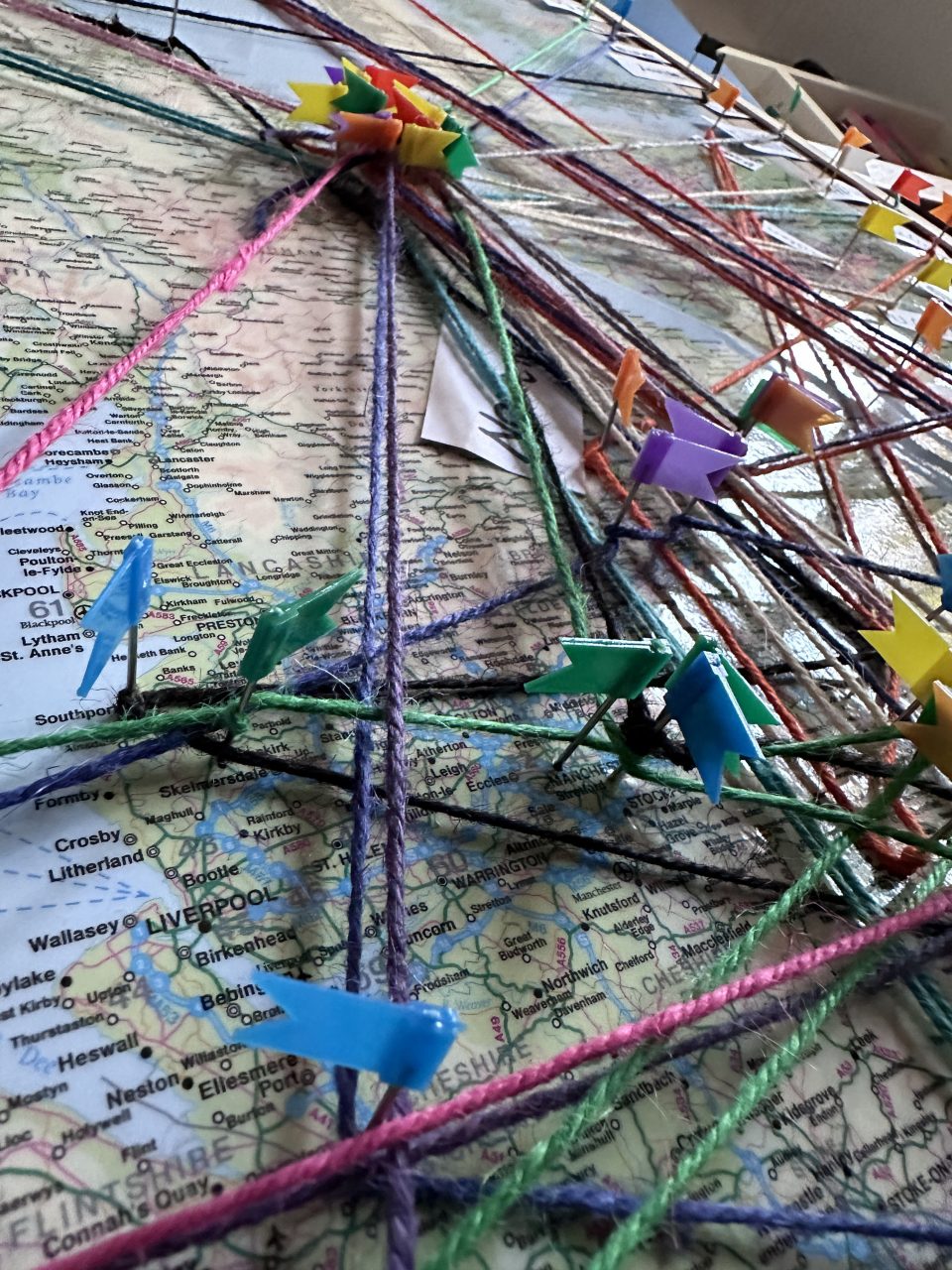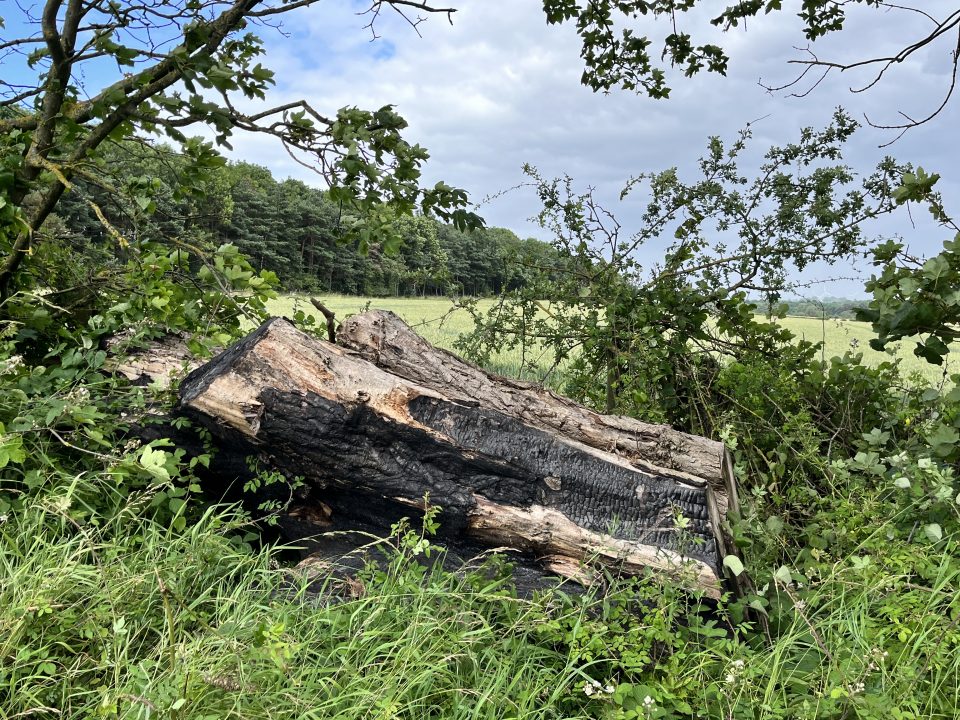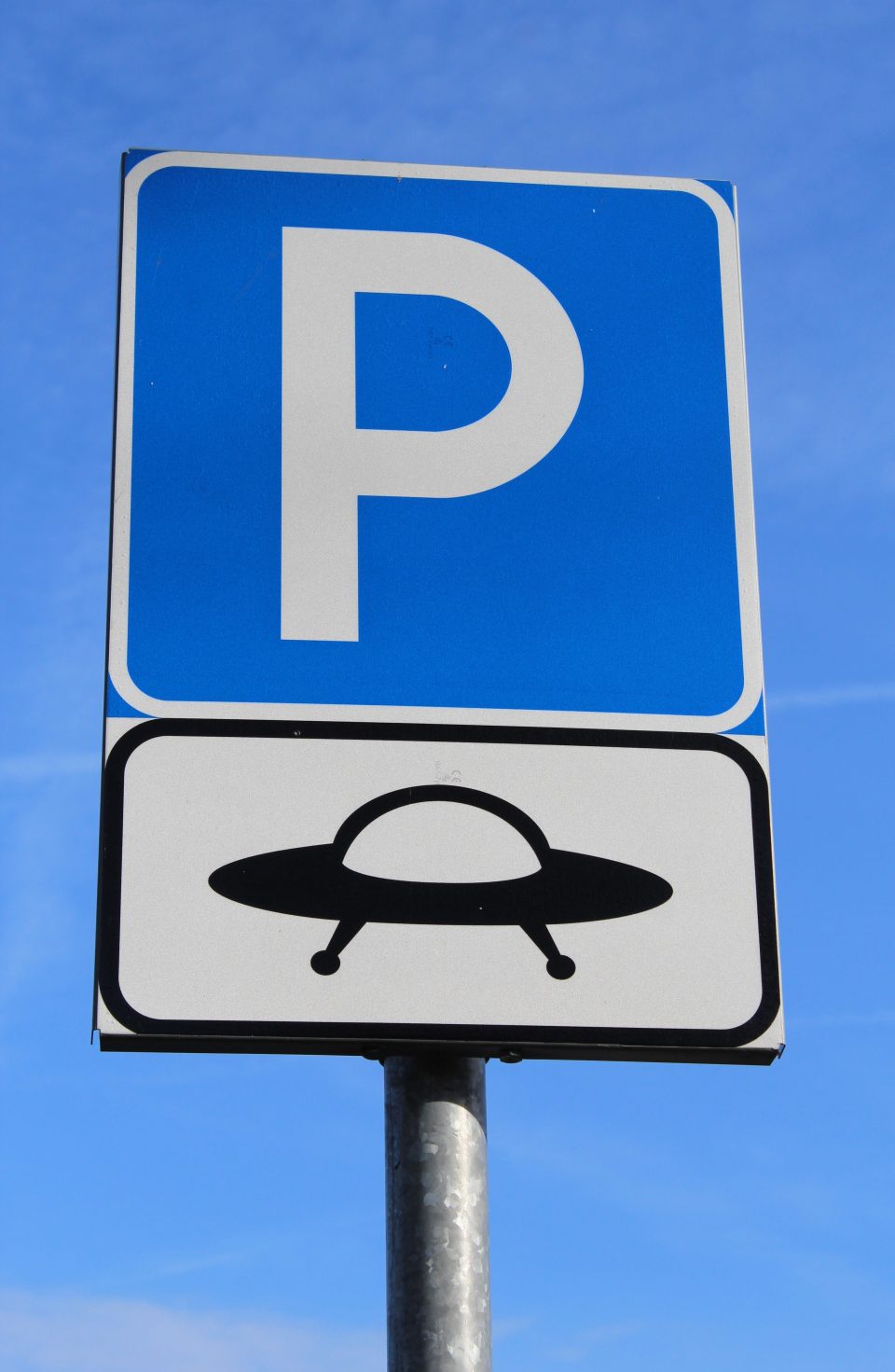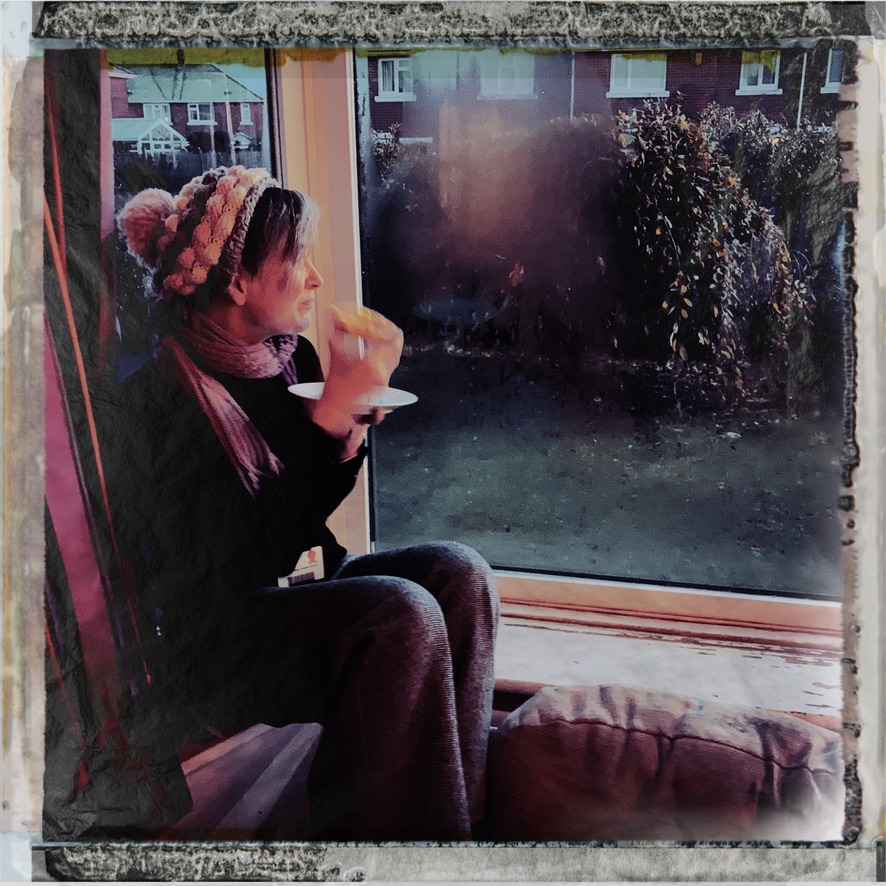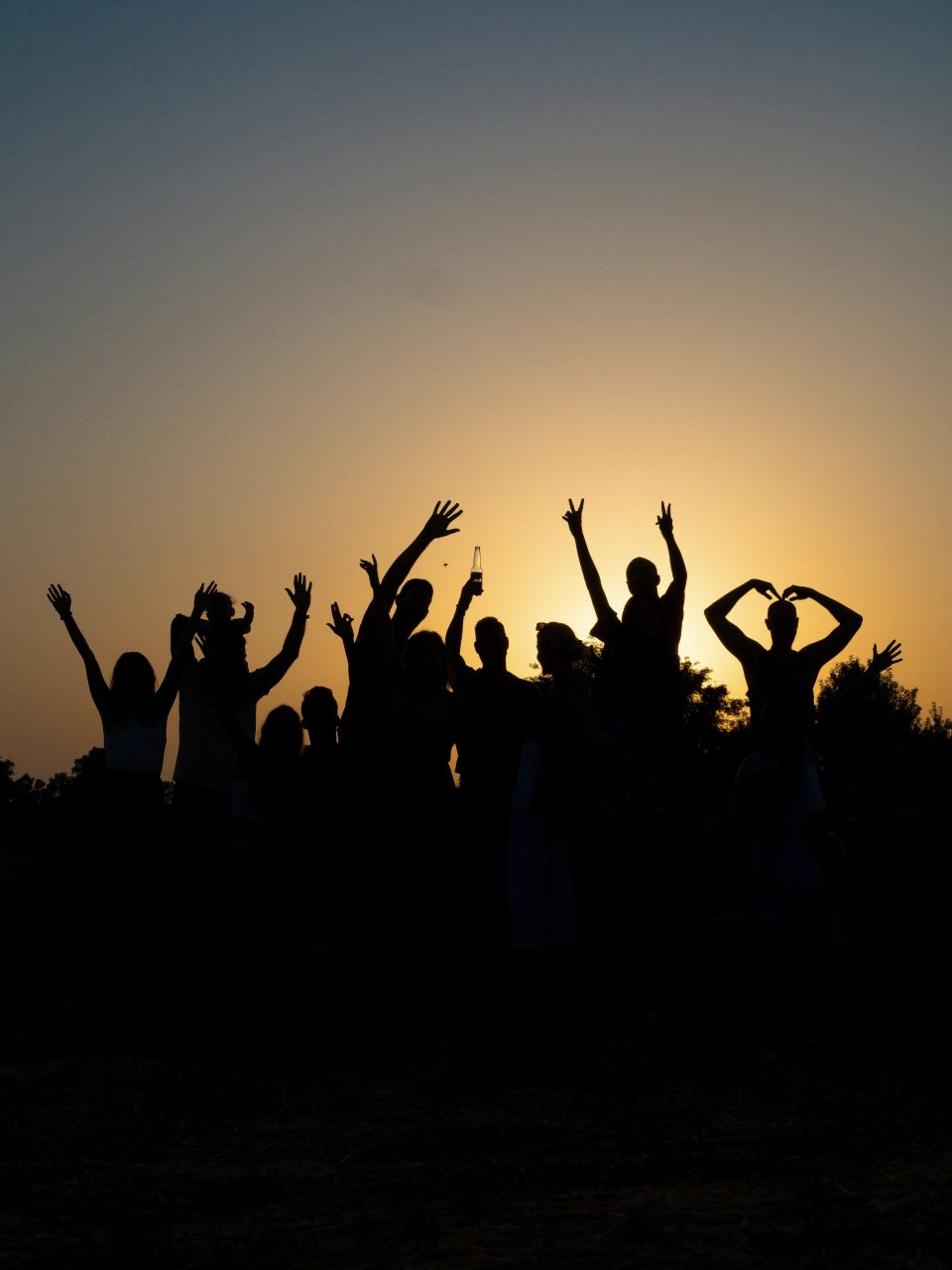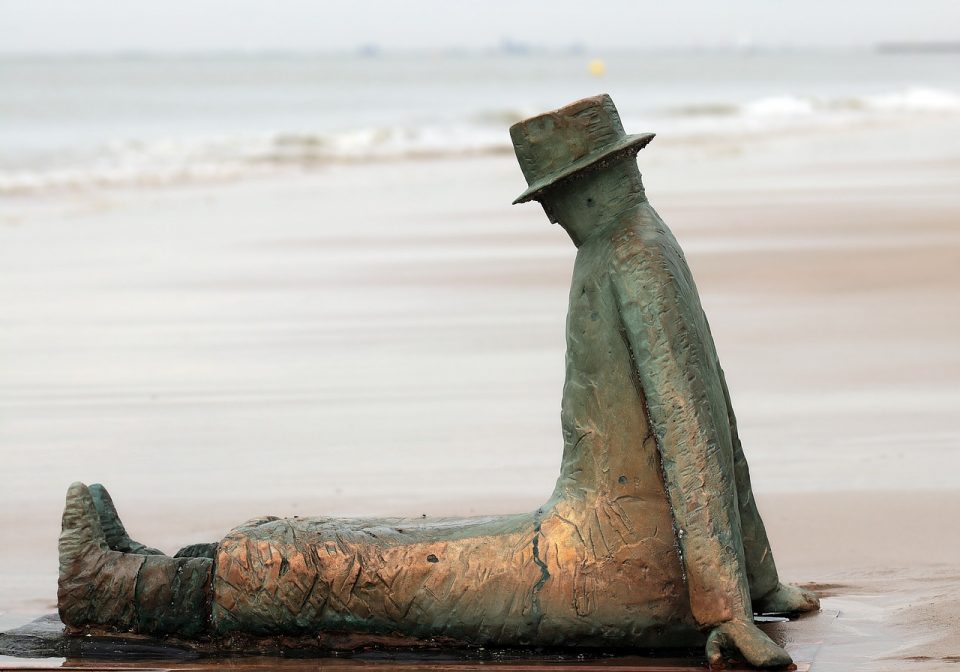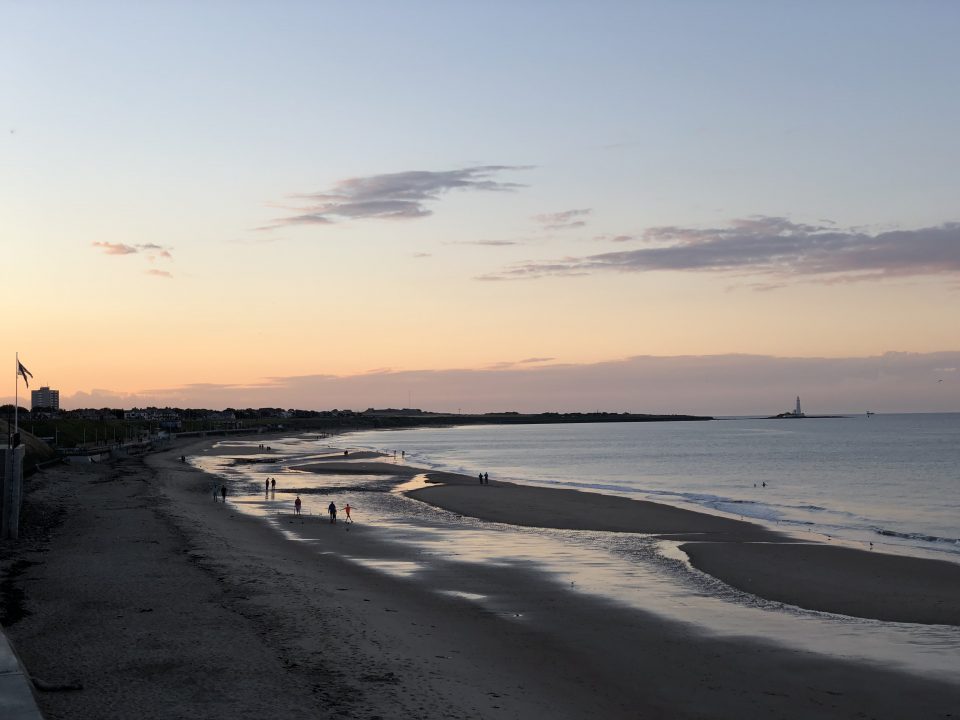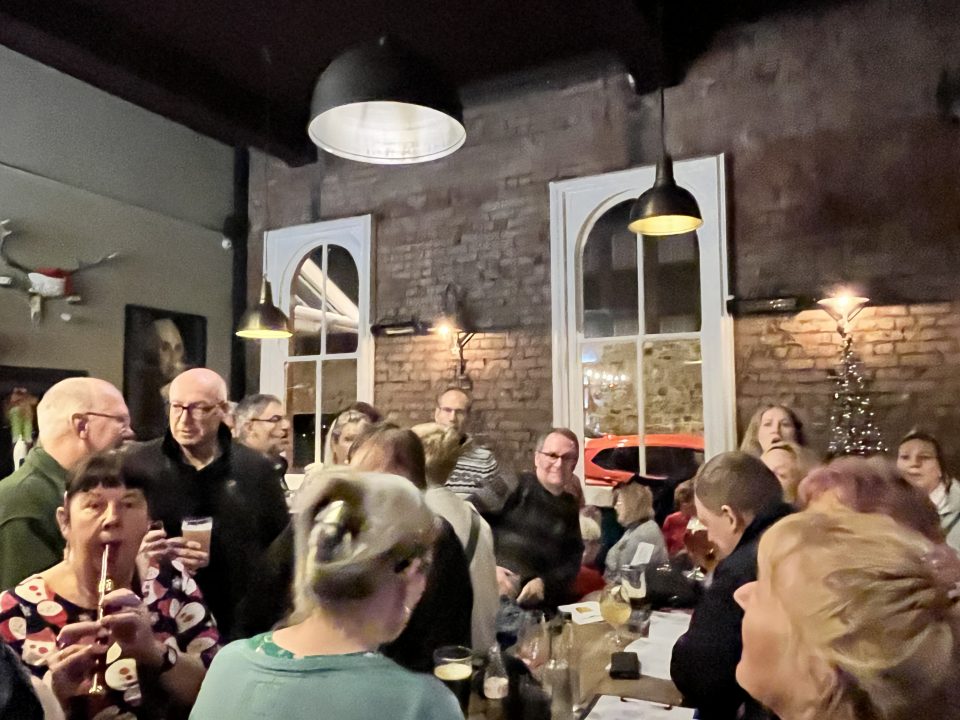Hi folks, i hope you are doing ok, we are back to our regular gatherings this Sunday night, meeting at the Tavern and Galley, 71 The Links, Whitley Bay NE26 1UE from 7.30 We hope you can join us. At our recent weekend away we spent time trying to build the Beachcomber story and what that community in different …
Woodland wondering…
Hi folks, i hope you are doing ok… This weekend is our weekend away so we won’t be meeting on Sunday night. As part of our weekend away we are going to be doing a woodland walk, which Pete has organised for us… He has written a preamble for us, which I think those of you who aren’t coming will …
Sci-Fi and Stories
Hi All, the blog this week is from John Morley and we will be meeting at The Enigma Tap at 7:30pm if you are wanting to join us. In the days before the internet there was a bookcase. In the days before streaming there was a library. In the days at the end of the moon landings there were stories. …
Relaxxxxxx
Hi folks, I hope you are doing ok! This week we are having a chilled evening, meeting at the Quarry at 7.30 The Quarry Inn 90 Marden Rd S, Whitley Bay NE25 8PL I hope that some of you will be able to make it along. Peace Rob Rob WylieRob Wylie is the founder of BeachcomberFX and guides its leadership …
Friendship
Hi folks, how are you all doing? This week we are meeting at the Tavern and Galley, 71 The Links, Whitley Bay NE26 1UE from 7.30 We hope you can join us. Over the last couple of months I have been reading a couple of books that have talked about friendship. First of all I read Miriam Margolyes biography ‘This much …
Engaged Christianity
Hi folks, i hope you are doing ok, this week we are meeting at 7.30 at the Shiremoor House Farm, I hope you will be able to join us. This weeks blog is written by Sue. Since the beginning of the year I have been reading the daily meditations from the Centre of Action and Contemplation of which week 2 …
Pursuit of silence
Hi folks, how are you doing? This week we will meet at the Enigma Tap from 7.30. I hope you will be able to join us. This week we are going to think about a subject that’s very close to my heart………… Silence! Those who know me, will recognise that I generally don’t do silence, in fact as I write …
Happy New Year!
Hi folks, I trust you are all recovered after the Christmas and New Year shenanigans. It’s been a steady start to the New Year for us, easing back in to work and trying to not let the damp weather get to us. A few things to say as we start the new year, we still have a bit of availability …
Luke 1:26-38 LISTENING – Unexpected Item in the Bagging Area
Hi folks, we hope that you have a great Christmas… We aren’t meeting this Sunday night with it being Christmas Eve and people will want to do their own thing. Our next gathering will be on the 7th January… We hope you have a blessed time, and be sure to look after those you love and care for and keep …
Thank you!!
Hi folks, i hope you are doing ok! I just want to say a huge thank you for being with us over the last year. I realise as i write this, that some of you we don’t see often, but be assured that you are in our thoughts and prayers. For those who live further away, again we value you …
